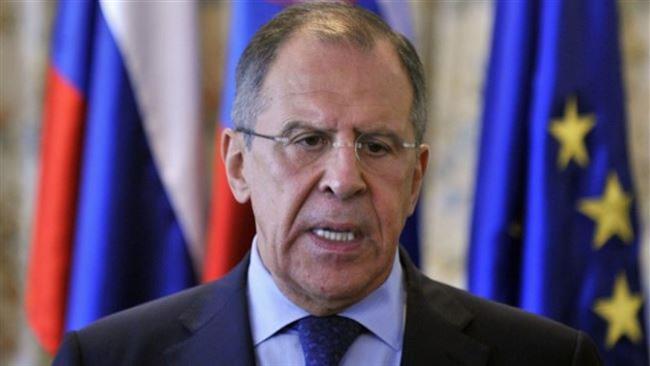Russian Foreign Minister Sergey Lavrov has criticized Tel Aviv’s opposition to the conclusion of nuclear talks between Iran and P5+1, calling on Israeli authorities not to make “emotional statements” on the achievement.
“Any emotional statements regarding the reached agreement should probably be postponed until all states have studied the reached deal,” Lavrov said on Wednesday, a day after Iran and P5+1 — the United States, Britain, France, China, Russia and Germany — reached a conclusion on the Joint Comprehensive Plan of Action (JCPOA) in the Austrian capital city of Vienna.
The top Russian diplomat’s remarks came after Israeli Prime Minister Benjamin Netanyahu described the conclusion of talks over Iran’s nuclear program as a “stunning, historic mistake.”
“Israel is not bound by this deal with Iran, because Iran continues to seek our destruction,” Netanyahu added.
Israel has for months been engaged in attempts to block the efforts for the conclusion of nuclear talks between Iran and P5+1.
The JCPOA will put limits on Iran’s nuclear program in exchange for the removal of sanctions against the Islamic Republic.
Lavrov also defended the achievement in Vienna, saying, “It contains a reliable, checkable, fair balance that ensures not only implementation but also strengthening of the nonproliferation regime for nuclear weapons, which ensures Iran’s right for nuclear activity, and purely peaceful nuclear activity.”
“And documents that were approved outline clear unambiguous procedures that make it possible to make sure at each stage of the deal that no one is giving up their commitments,” he stressed.
The United States on Wednesday submitted a draft resolution to the United Nations Security Council on the outcome of the nuclear talks between Tehran and the world powers. The draft resolution seeks formal UN endorsement of the outcome of the talks, and according to diplomatic sources, a vote on it could come as early as July 20 or 21.
German Foreign Minister Frank-Walter Steinmeier and Britain’s Foreign Secretary Philip Hammond have previously criticized Israel’s opposition to the conclusion of talks between Iran and P5+1.
